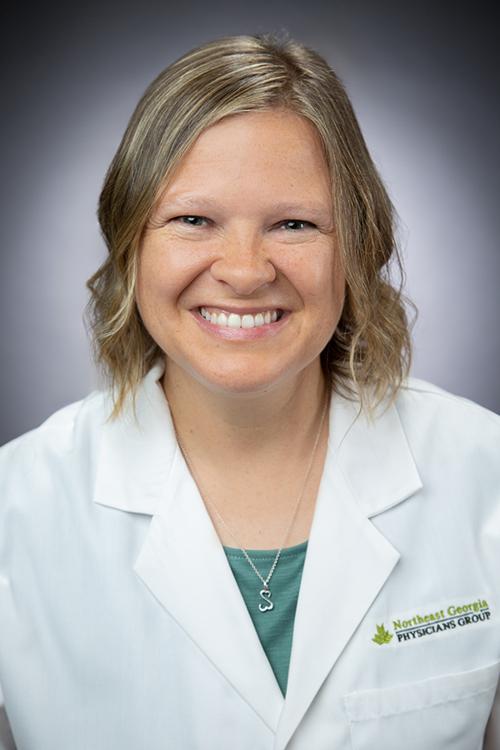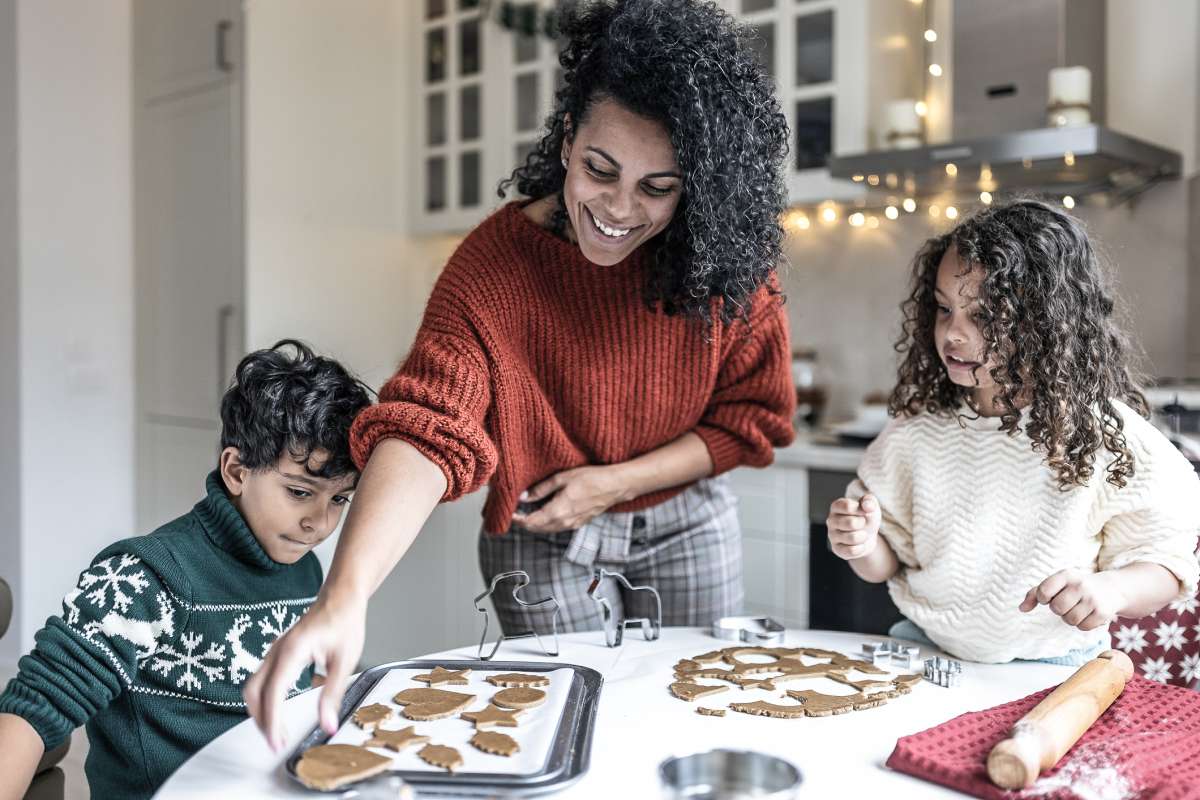When winter rolls around, many people worry about colds and the flu. But there’s another highly contagious illness to watch out for: Norovirus. It’s often called the “stomach bug” or “stomach virus” and can cause sudden and intense stomach symptoms. It can spread pretty quickly and easily, so here’s what you need to know to protect yourself and your family.
What is Norovirus?
Norovirus is a viral infection that causes inflammation in the stomach and intestines, leading to things like vomiting, diarrhea and stomach cramps. It’s often called the “winter stomach bug” because it tends to spread more during colder months when people gather indoors.
Why is the Stomach Virus so Contagious?
Norovirus spreads very easily and can survive on surfaces for days. It can spread through direct contact with someone who is infected, by touching contaminated surfaces and then touching your mouth and by eating or drinking contaminated food or water.
Even a tiny amount of the virus can cause an infection, and people are most contagious when they have symptoms and for a few days after they recover.
Symptoms of Norovirus
Norovirus symptoms usually appear within 12 to 48 hours after exposure. They can come on quickly, be pretty severe and last one to three days in duration.
- Nausea and Vomiting – Sudden, intense vomiting is one of the most common symptoms.
- Diarrhea – Watery diarrhea can be frequent and may last a few days.
- Stomach Cramps and Pain – Cramping and discomfort in the abdomen are typical.
- Fever and Chills – Some people may have a low-grade fever, along with chills.
- Body Aches and Fatigue – General body aches and tiredness are also common.
How to Treat Norovirus at Home
There’s no cure for Norovirus. Although it can be uncomfortable, the virus usually clears up on its own in healthy individuals. You can manage symptoms and stay comfortable with these tips:
- Stay Hydrated – Frequent vomiting and diarrhea can lead to dehydration. Drink water, clear broths or things like Gatorade and Pedialyte to stay hydrated.
- Rest – Allow your body to recover by getting plenty of rest.
- Eat Light Foods – If you can eat, try bland foods like toast, crackers or bananas to avoid irritating your stomach.
- Use Over-the-Counter Medications – Medications like acetaminophen can help relieve body aches or fever.
Preventing the Spread of Norovirus
Because the stomach bug is so contagious, it’s important to take preventive steps. Here’s how you can help protect yourself and others:
- Wash Your Hands Often – Use soap and water, especially after using the bathroom and before eating.
- Disinfect Surfaces – Clean commonly touched surfaces like doorknobs, counters, and light switches with a bleach-based cleaner.
- Stay Home When Sick – Avoid going to work, school, or public places while you have symptoms and for at least 48 hours after symptoms stop.
- Handle Food Carefully – Wash fruits and vegetables thoroughly, and avoid preparing food for others if you’re sick or recently recovered from Norovirus.
When to See a Doctor
Most cases of Norovirus resolve on their own within a few days, but it’s important to watch for signs of dehydration or other complications. If you experience severe dehydration with dry mouth and dizziness, persistent vomiting or diarrhea that lasts more than a few days, fever over 102°F or blood in your stool or vomit, call your doctor right away.
Although all of these are possible complications, dehydration is the main risk with Norovirus, especially for young children, older adults and people with weakened immune systems, so it’s essential to stay hydrated and seek help if symptoms worsen.
Norovirus is a highly contagious winter stomach bug that can lead to severe stomach symptoms. By knowing the symptoms, practicing good hygiene and taking precautions when someone in your household is sick, you can reduce your chances of catching or spreading Norovirus.
Remember, if symptoms are severe or persist, it’s time to see your healthcare provider. If you don’t have a doctor and would like to schedule an appointment, you can do so online with Northeast Georgia Physicians Group. NGPG has a wide range of primary care doctors accepting new patients – many of them within seven days or some as soon as next day.


